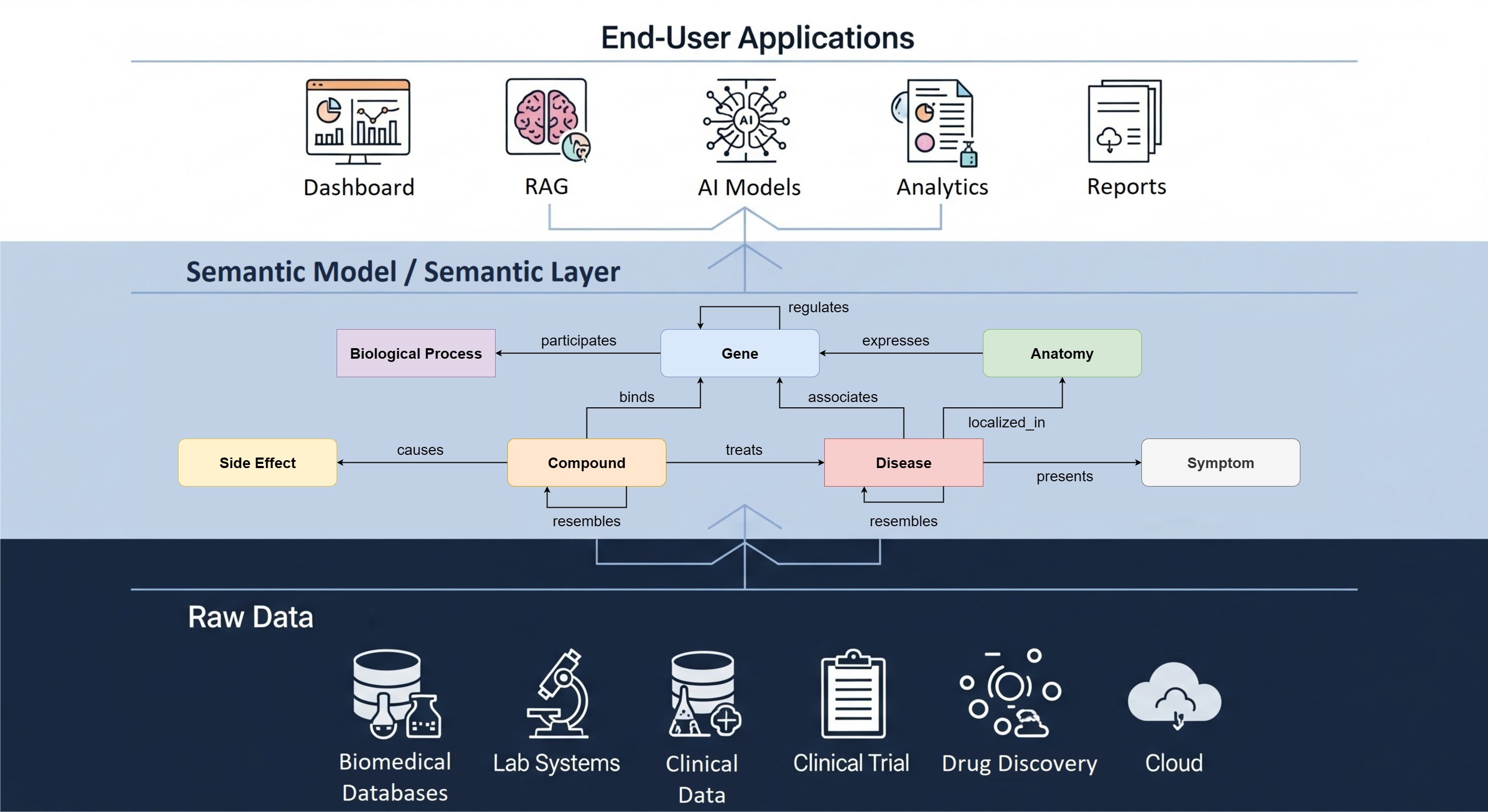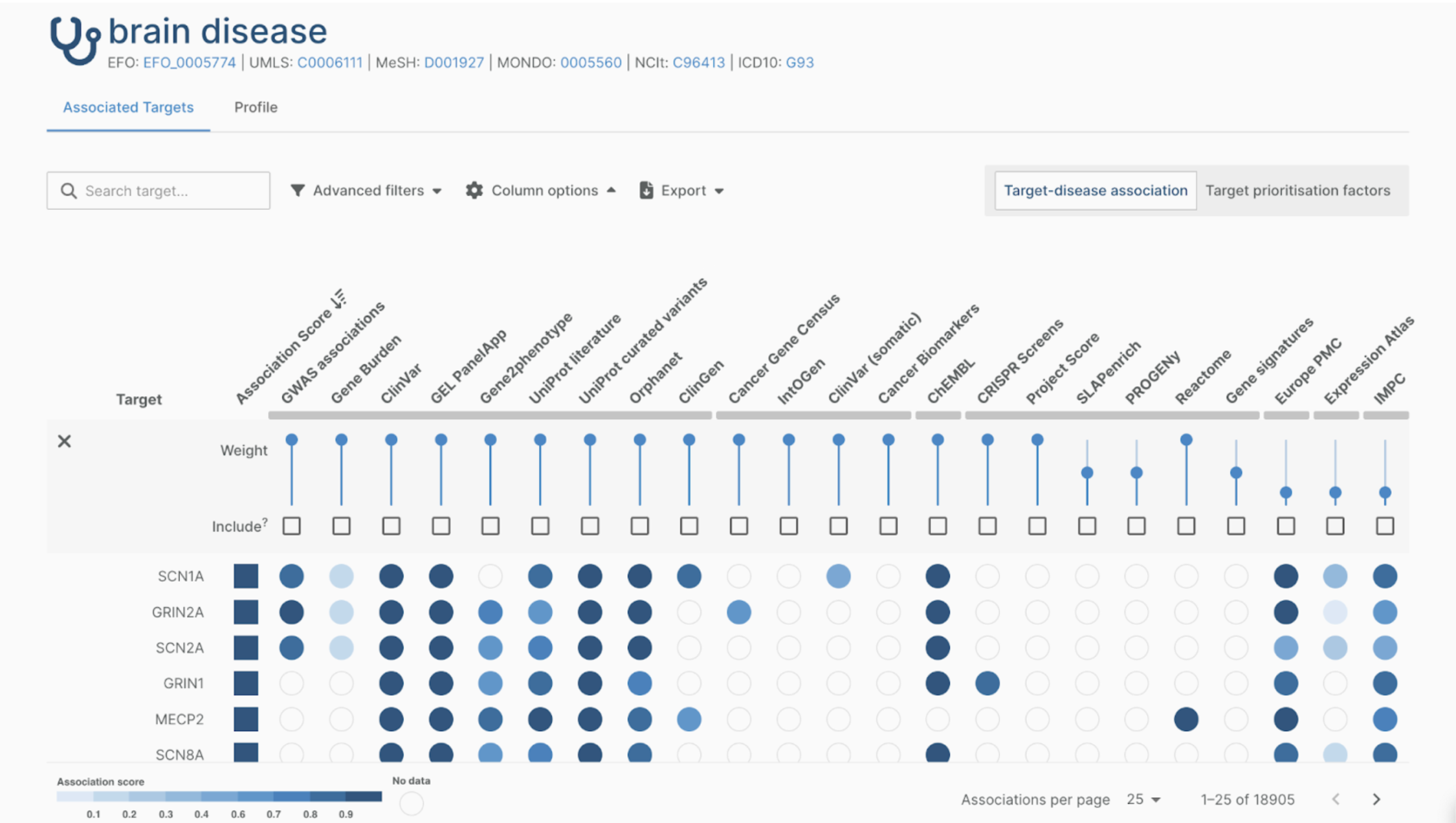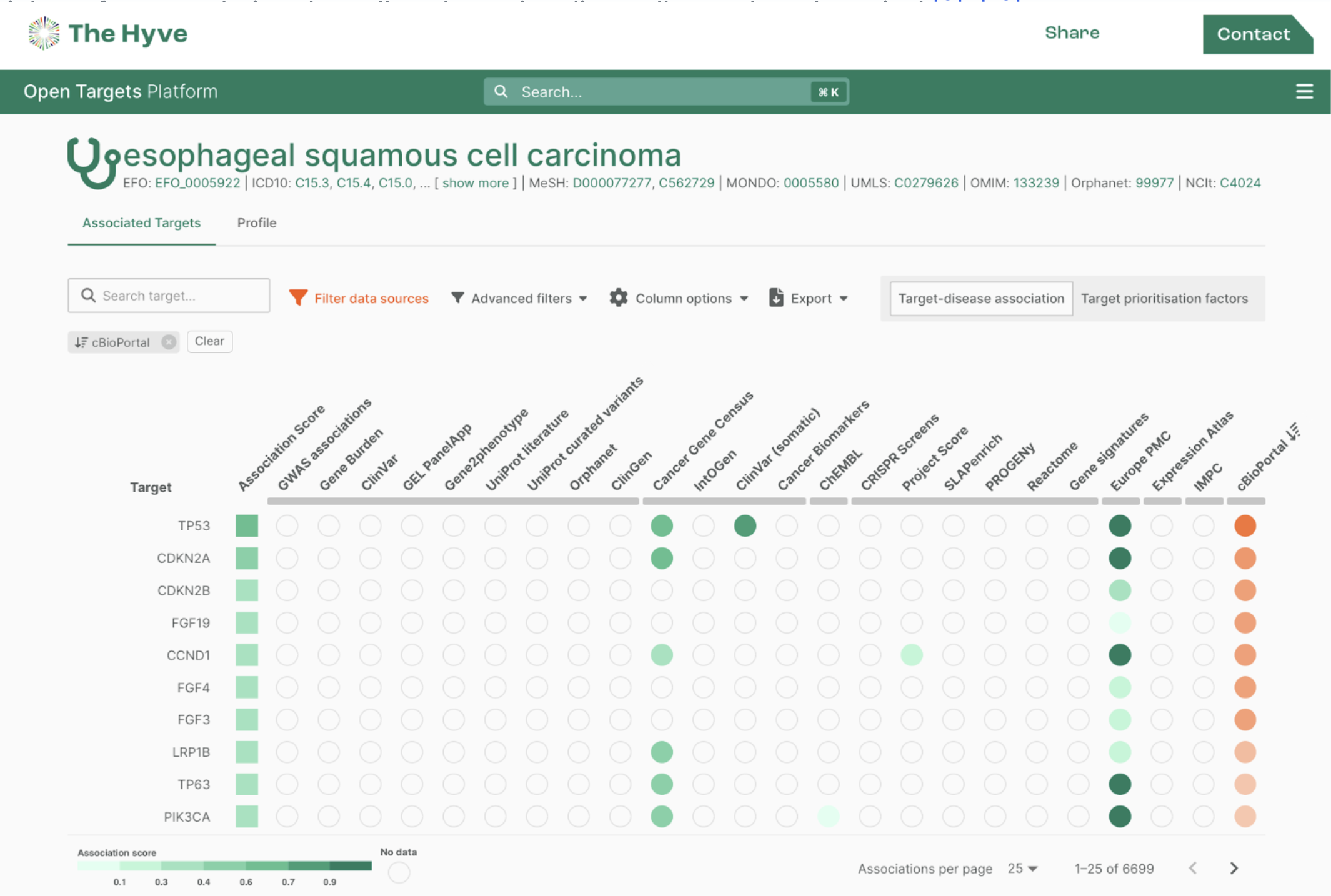Recently we had an intern in the Legal team of The Hyve. Hama Othman joined the team for two months, during which he looked at some legal documents of The Hyve. More specifically, we had some questions for him regarding open-source software licenses. In the coming weeks, we would like to share what we learned from Hama during his time here in a series of blog posts. Stay tuned to see an overview of some of the well-known licenses, why it is essential to use them and the compatibility between them.
In this first post, we will look at what Open Source Software is and give an example of why it is crucial to license the software you publish.
Open source versus closed source software
Essentially, software is everything that is executed through hardware. Examples of software include a computer operating system such as Microsoft Windows, Mac OSX or Linux, but also the browser used to read this blogpost like Internet Explorer, Mozilla Firefox and Google Chrome. Even though Microsoft Windows, Mac OSX and Linux have similar functions and goals, there is a fundamental difference in the user rights of these products. These differences emerge from the different licenses and terms that apply to the software. The first two are proprietary software and thus have closed source code, meaning the source code of this software is copyrighted and not freely available to its users. The third example, Linux, has an open-source software license giving its users access to the software's source code.
Another big difference between proprietary and open-source software is the right to share the software. In the case of proprietary software, a user is not allowed to distribute copies. In the case of open-source software, the user is allowed to share not only the source code but also the executable software as long as they abide by the license terms. We, as The Hyve, support open-source software, and we want to carry this out through our core principles; Share, Reuse and Specialize.

Why you should license your code
As soon as you write source code and save it on a computer, put it on Github or even write it in a notebook without adding a software license, national copyright laws automatically arise on the written code. This is due to the Berne Convention, which is applicable in a large part of the world.

Because copyright arises automatically, a user is not free to use the software or make adjustments to the code without explicit permission of the original author. It is important to add an open-source software license to your code if you want to give users free access to the software and the ability to adjust and adapt its source code.
Which license should you use?
So we have looked at what Open Source Software is, and we shortly touched upon why it is important to add a license to your code. The next question is which licenses are there? And which one should I use? In the next blog posts we will dive into the different Open Source Software licenses that are available and which licenses are compatible with one another.
Next:


